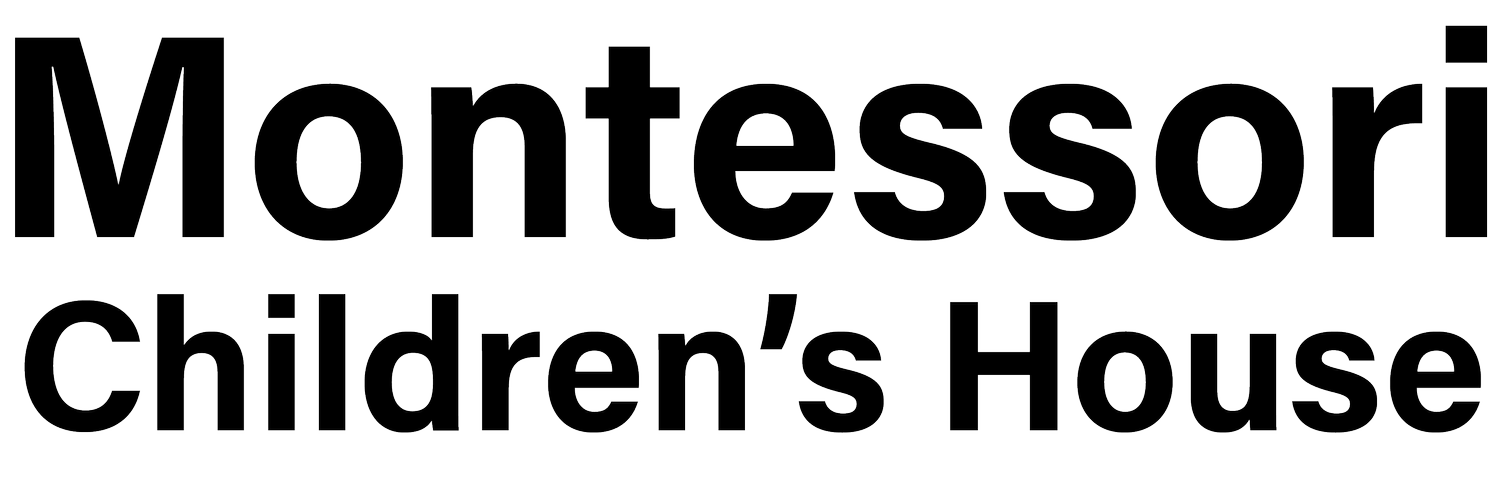Nurturing Independence and Self-Discovery: The Montessori Approach
In the bustling classrooms of a Montessori Children's House, one can witness a unique philosophy unfolding—a philosophy deeply rooted in the belief that children possess a drive to become adults. Dr. Maria Montessori, the visionary behind the Montessori method, recognized this internal motivation in children and designed an educational framework that honors their natural instincts towards growth and learning.
Learning Together: Teachers & Students
At the heart of the Montessori philosophy lies the principle of following the child. Unlike traditional educational models where the curriculum is imposed upon students, Montessori educators understand that children are the architects of their own learning journey. They observe, they guide, but above all, they respect the autonomy and individuality of each child.
In a true Montessori environment, classrooms are characterized by multi-age groupings, fostering a sense of community and continuity. Children spend three years together, allowing for deep connections to form and enabling older children to mentor their younger peers. This setup not only cultivates empathy and collaboration but also provides a stable and nurturing space for holistic development.
Central to the Montessori experience is the presence of trained educators. These teachers undergo rigorous and comprehensive training, equipping them with the skills and insights necessary to support children effectively. With a deep understanding of child development and Montessori principles, these educators act as facilitators, creating an environment conducive to exploration and discovery.
The prepared environment is another hallmark of Montessori education. Every aspect of the classroom is designed to cater to the developmental needs and interests of the children. From specialized learning materials to carefully arranged spaces, the environment serves as a catalyst for independent exploration and learning.
Learn About the Montessori Method
Enrollment Benefits
Enrolling a child in a Montessori school offers a wide range of benefits in their academic achievement. Through practical life activities, such as pouring and spooning, children develop essential life skills and a sense of autonomy. They become greater at problem-solving, decision-making, and self-regulation, laying a strong foundation for future success within their natural environment.
The Montessori approach fosters a deep sense of empowerment and self-discipline. As children navigate their learning journey, they develop a strong sense of purpose and responsibility. They take pride in their accomplishments and strive for excellence, driven by their desire to grow and contribute meaningfully to society.
Overall, the Montessori philosophy celebrates the unique potential of every child, nurturing their independence, curiosity, and passion for learning. It is not merely a method of education but a way of life—one that empowers children to embrace their journey of self-discovery and become confident, compassionate, and resilient individuals.
